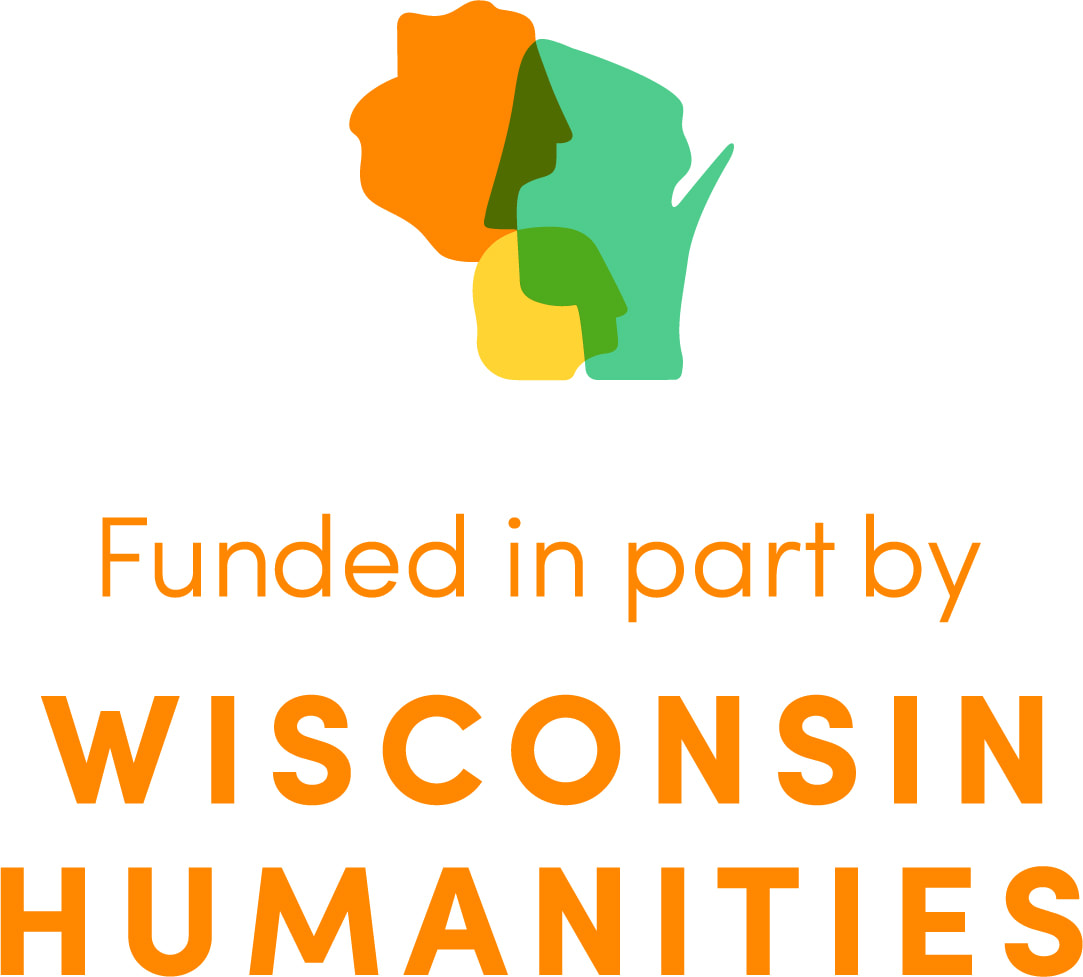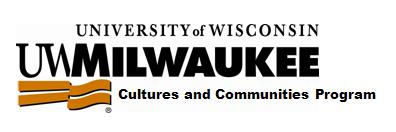project picturing milwaukee |
engaged humanities for the 21st CenturyBLC field school alum Maia Stack explains what the field school means to her. For more student testimonials click here.
|
|
On seeing the city
Picturing Milwaukee is a participatory action-research project that explores history and heritage of local neighborhoods. This immersive learning experience provides students a unique opportunity to learn basic skills, ethics, theories and methods within their academic disciplines and then apply such learning in real-life situation. Our students come from multiple academic disciplines and include local community members, UWM students, and students from academic institutions outside Wisconsin. It is a multi disciplinary setting where students, faculty, scholars and community members explore ways to see and interpret the city by engaging multiple urban stakeholders in storytelling, ecological conservation, heritage preservation and civic engagement. At the BLC field school we are committed to seeing our world through four lenses: caring, culture, connections and conscience. (click here for a detailed explanation of the values framing this project) We believe that our everyday engagement with our built environment —buildings, landscapes, roads, and public spaces—ultimately frames our actions and identities, determines our future, and gives us the power to become committed citizens. Therefore to talk about our world, to act in this world and to build our world requires us to first understand, examine, and interpret this world. The specific objective of this project is to 1) encourage community based learning and collaboration, 2) collect local histories of places of cultural relevance 3) gain skills that allow professionals to collect and analyze data 4) use the power of digital humanities to disseminate research data and 5) empower local communities by hearing/responding to those voices that are often not heard in urban and official discourses. The project begins during the spring semester (January-May) when students enrolled in the course Arch 302 engage with local neighborhood residents, businesses and organizations in order to conduct basic research on the neighborhood’s past and present assets. In summer (June-July), a “field school” takes students into local neighborhoods to collect and explore stories of places and placemaking. These stories demonstrate the salient role of life and social action in places that matter to local residents. In Fall (September-December), students return to the neighborhood to apply their professional knowledge, resolve issues and explore ideas that emerged from the ongoing yearlong engagement with local residents, businessmen and community leaders. We are committed to making this project directly relevant to our university constituencies: Architecture, Urban Planning, Urban Studies, Public History, Geography, Social Work, Community-based Art Practice, and Cultural Anthropology. Our goal is to develop this novel project into a national model for engaged-scholarship. The Picturing Milwaukee project received a national award from the American Association for State and Local History (AASLH), major grants from the Wisconsin Humanities Council and awards from the Cultures and Communities Program at UWM. The project is one of few publicly engaged humanities programs showcased on the National Humanities Alliance website. Arijit Sen Three Rs
|
Unity Orchard Stories.
At the Field School, we believe that engaged humanities can transform our world. Here is a 3-episode podcast series by Daniel Macias, Class of 2021, Marquette University, about the transformation of a Milwaukee community through beautification and acts of caring.
Your browser does not support viewing this document. Click here to download the document.
A note from David Boucher
News and Events2016: Field School in the news https://twitter.com/wihumanities/status/786252653445734400
2015: BLC field school showcased in the National Humanities Alliance's National Engaged Humanities List June 6, 2015: Yuko Nakamura (2013), Juliana Glassco (2014) present papers at the VAF conference in Chicago. 2014: BLC Field School receives Wisconsin Humanities Council Grant October 9, 2014: Yuko Nakamura ("Reconstructing Place from Olfactory Narratives: North Downer Avenue in the Historic Water Tower Neighborhood, Milwaukee, Wisconsin") and Hongyan Yang ("Buildings Speak: An Incorporation of Oral History into Material Culture Studies") present BLC field school research at the Oral History Association Annual Meeting, Madison. May 10, 2014: Arijit Sen presents “Emerging pedagogy from the Buildings-Landscapes-Cultures urban field school.” and Katia Chaterji presents "Cracking the Code of Cultural Fluency.” at the Vernacular Architecture Forum conference, Stockton, New Jersey. 2014: BLC Field School receives a Cultures and Communities CUP grant. 2013: BLC Field School receives a national award October 16-19, 2013: Field school participants Chelsea Wait and Arijit Sen present at the “08-07 Forum: Sustainable Models: Case Studies and Perspectives on Field Schools,” Sponsored by the Public Programs Section, American Folklore Society Annual Meeting, Providence, RI. 2013: BLC Field School receives a Cultures and Communities CUP grant. October 5-7, 2012. Field school participants Chelsea Wait, Ariel Gonzalez and Arijit Sen present “Buildings-Landscapes-Cultures: A critical examination of fieldwork,” Roundtable Panel and Papers, Imagining America Conference, New York 2012: BLC Field School pilot project receives a Wisconsin Humanities Council Major Grant |
Collaborators and Sponsors: Wisconsin Humanities Council; Buildings-Landscapes-Cultures, Office of Undergraduate Research, Cultures and Communities Program, School of Architecture and Urban Planning, University of Wisconsin-Milwaukee; Milwaukee Preservation Alliance; Historic Milwaukee, Inc.;
Funded in part by a grant from Wisconsin Humanities, with funds from the National Endowment for the Humanities. Wisconsin Humanities strengthens the roots of community life through educational and cultural programs that inspire civic participation and individual imagination. Any views, findings, conclusions or recommendations expressed in this project do not necessarily represent those of the National Endowment for the Humanities.
Funded in part by a grant from Wisconsin Humanities, with funds from the National Endowment for the Humanities. Wisconsin Humanities strengthens the roots of community life through educational and cultural programs that inspire civic participation and individual imagination. Any views, findings, conclusions or recommendations expressed in this project do not necessarily represent those of the National Endowment for the Humanities.








